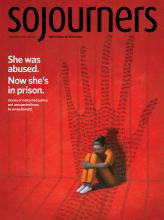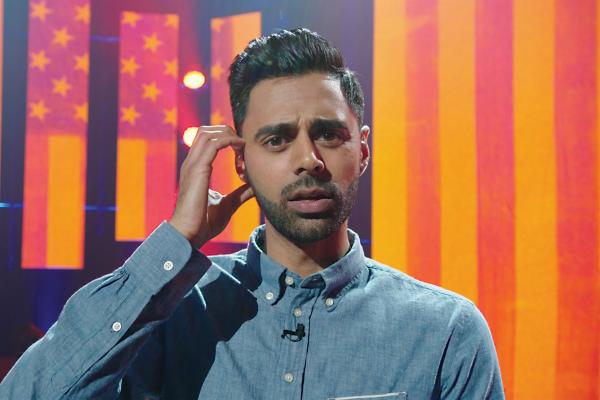TUNISIAN FRENCH scholar Nadia Marzouki published a book in France in 2013 with the title L’Islam, une religion américaine? In 2017, the book was updated with the events of the Trump campaign and additional analysis and republished in the United States as Islam: An American Religion.
Somehow along the way, as religious studies scholar Winnifred Fallers Sullivan notes, the question mark was dropped. The reasons are not entirely clear. Did something dramatic happen during those four years, not just to Muslims but, more important, by Muslims? Was it a marketing gimmick by the new publisher, Columbia University Press?
Either way, it raises a fascinating question: What does it mean to be an American religion, and can Islam in America be said to constitute one?
Read the Full Article

